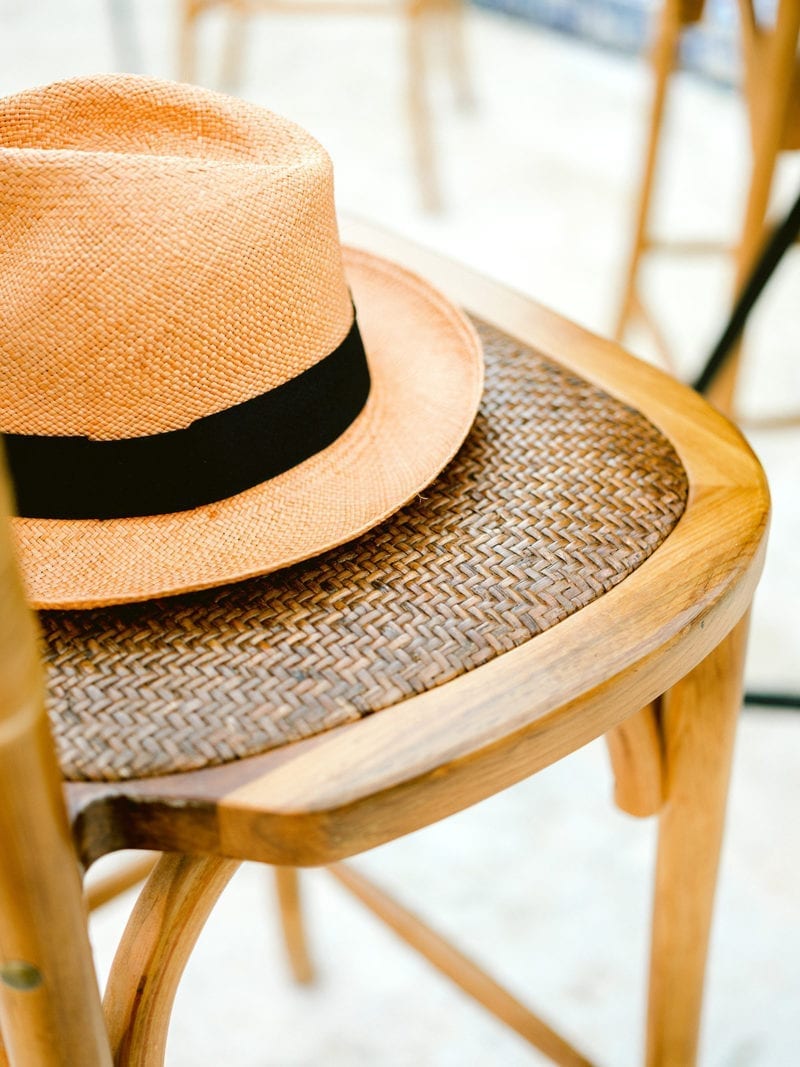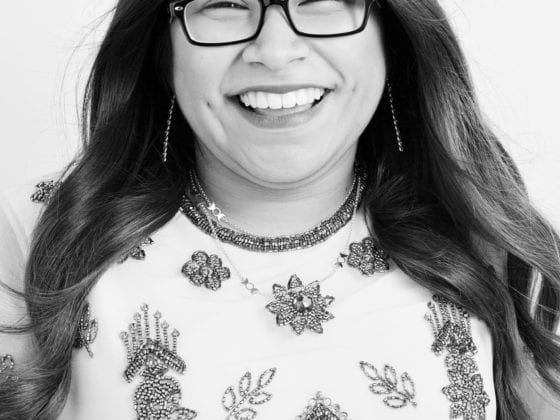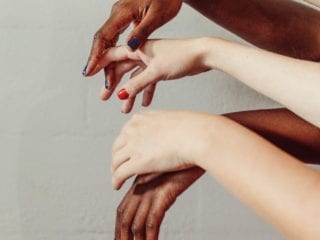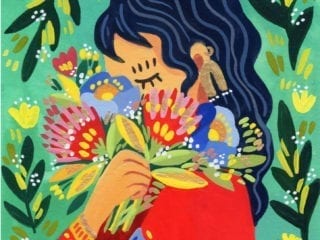Read this article in Spanish here.
I was in middle school when my white best friend told me her grandma hated Mexicans. She told me that her grandma wished we would go back to Mexico.
I remember that sinking feeling in my stomach as I tried to comprehend what she was telling me. I was dismayed to realize that her grandma was likely not the only white person thinking that.
The doubts crept in. Did we not deserve to be here? Is she more American than I am because she is white?
Later on, I would think of the sassy retort I wish I had made. “My people owned this land first! Mexicans were here first!”
As a Mexican-American, I have always had to fight for pride in my heritage and fight against the feeling of inferiority. Now at the peak of racial unrest in 2020, I have been experiencing the same dismay and the same fire within me to stand up for my heritage. There is a stirring—a deep desire—to wrap myself in my culture to feel safe, seen and valued.
There is a stirring, a deep desire, to wrap myself in my culture to feel safe, seen and valued.
National Hispanic Heritage Month was established in 1968 to do just that—to celebrate the cultures and achievements of the Hispanic and Latinx community in the United States. It started off as a week-long observation and, under President Reagan, it expanded to a month-long celebration from Sept. 15 to Oct. 15. I personally feel disconnected from this month, and I know I am not the only Latina who feels this way. I don’t remember celebrating or acknowledging this month until perhaps college when I joined the Latino Student Association on campus.
Hispanic Heritage Month does not feel meaningful to me, and I believe this is because my educational journey up until college was lacking in the historical contributions and accomplishments of my community. Our culture at large did not reflect people who looked like me either. This is a sad loss for the little girl who did not know her value when presented with words that made her question whether she belonged in her own country.
I have arrived at the conclusion that this month and its original intended purpose needs to be reclaimed. I know we, the Latinx community, have a rich history in this country. We have a history that is full of trailblazing Latinas. We need to reclaim our pride—in our people, our cultures, our languages and all the glorious nations we represent. Let us acknowledge and embrace the contributions of every people group, including our Afro-Latinas and Indigenous sisters, as we seek to fully represent our sisterhood.
We need to reclaim our pride—in our people, our cultures, our languages and all the glorious nations we represent.
Little Latina girls are watching us. We must teach and show them who they can be. We must reflect who they can be back to them.
Let us be inspired by the Latinas who have already gone before us, such as Ellen Ochoa—the first Latina to go into space or Dolores Huerta—the civil rights leader who coined the phrase “Sí, se puede.” Let us be inspired by Sonia Sotomayor—the first Latina Supreme Court Justice. Let us be inspired by Julia de Burgos, a Latina poet known for her poem “Yo Misma Fui Mi Ruta (I Was My Own Path).”
Let us be inspired by Latina singer-songwriter and activist, Joan Baez, who performed at the March on Washington in August of 1963. Let us be inspired by writer Sandra Cisneros, author of the beloved novel “The House on Mango Street.” Let us be inspired by Yalitza Aparicio, actress from Oaxaca, who became the first Indigenous woman and the second Mexican woman (after Salma Hayek) to receive a Best Actress Oscar nomination for her role in the 2018 film “Roma.”
May we acknowledge the many, many more Latinas who have accomplished so much throughout history and the many who are currently on their own trailblazing paths. May we celebrate ourselves, not just for a month out of the year but every day of the year. May we continue to build a world where our children do not need to fight to be seen and represented—from their history books to the media to the White House to every avenue of society there is.
May we make our ancestors proud. We carry their narratives within us. What a gift we have to offer by sharing them with each other!
Did your primary education include a diverse representation of American history? Do you celebrate any of the American cultural heritage months? Why or why not?
Image via Raisa Zwart Photography











